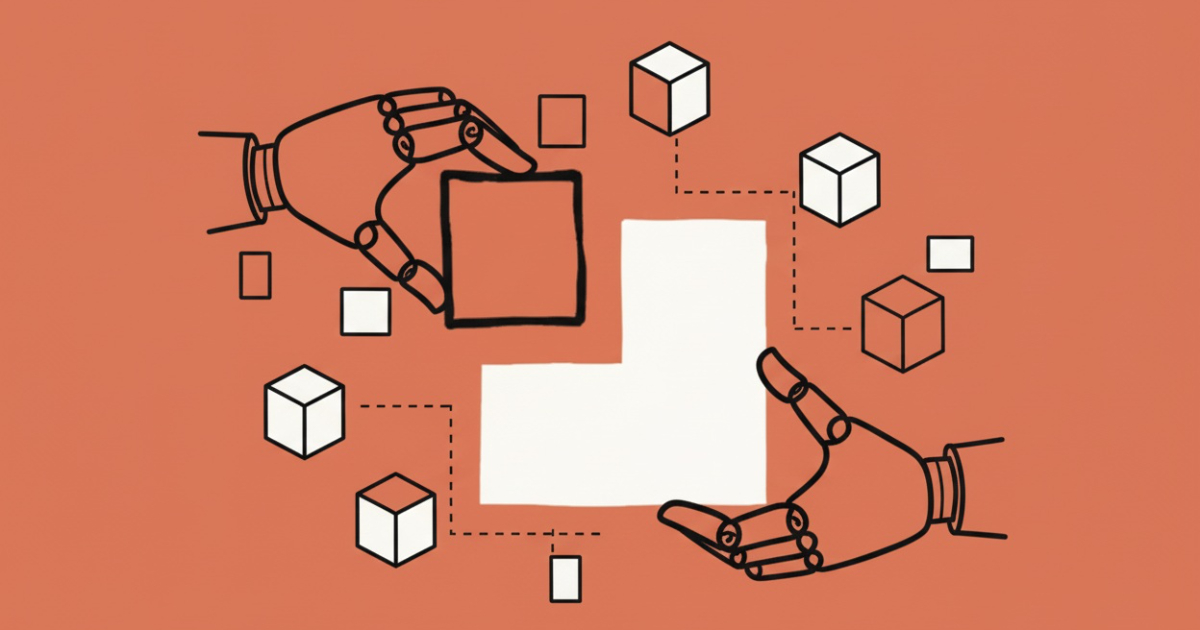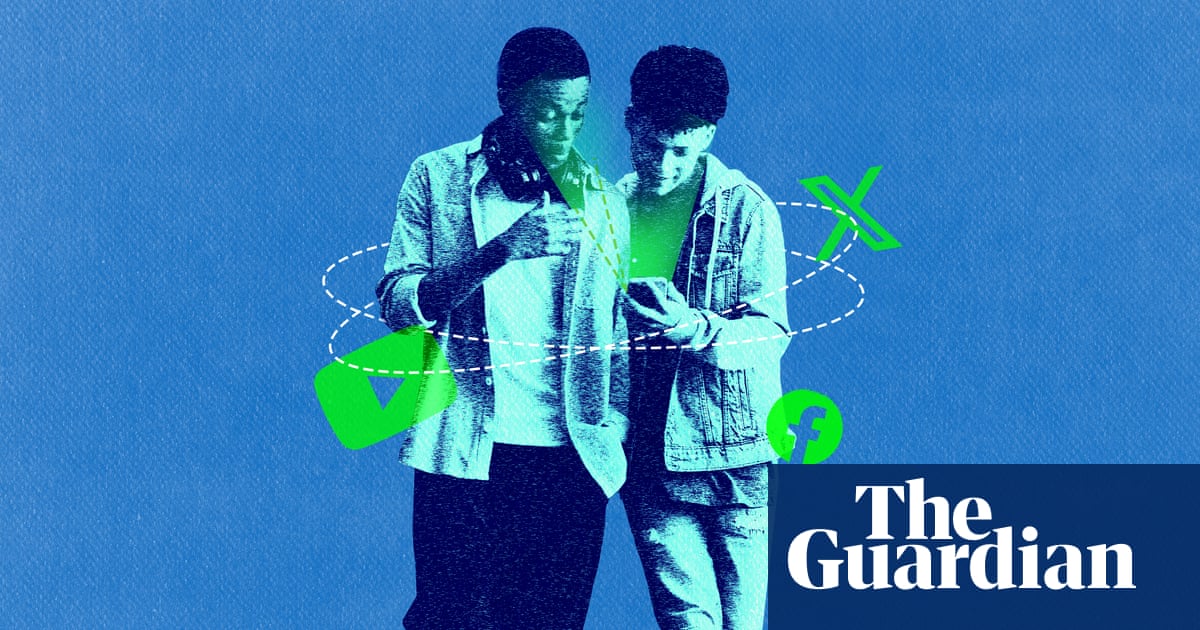Anthropic has unveiled a new feature called Skills, designed to let developers extend Claude with modular, reusable task components. Each Skill is a self-contained capability that Claude can call upon during a conversation, such as summarizing long documents, retrieving data from APIs, or performing domain-specific computations.
The Skills feature spans Claude’s web app, the Claude Code environment, and the API, giving organizations the ability to author custom Skills through a new /v1/skills endpoint, manage versions in the console, and integrate them into their workflows. When a Skill is not relevant to a user’s request, Claude will bypass it, ensuring that only pertinent instructions and resources are loaded. Skills require the Code Execution Tool, which provides the secure environment they need to run.
According to Anthropic, Skills are defined by a schema describing their inputs, outputs, and permissions. Once defined, they can be invoked dynamically through Claude’s API, allowing seamless integration between the model and external systems. This architecture mirrors the function calling paradigm already adopted by OpenAI’s GPT models and Microsoft’s Copilot ecosystem, but Anthropic emphasizes a more transparent and auditable approach, aligning with its focus on model safety and interpretability.
In practice, a developer could create a Skill to fetch structured data from a company database, compose personalized email responses using CRM data, summarize meeting transcripts in a specific format, or trigger actions in third-party applications such as Slack or Notion. Each Skill runs within clearly defined boundaries, ensuring Claude only accesses data and executes actions explicitly allowed by the developer. This fine-grained control could make the system more appealing to enterprises seeking both flexibility and compliance.
Compared to OpenAI’s GPTs, which allow users to create and share mini-agents with custom instructions and tools, Anthropic’s Skills take a more developer-centric approach, prioritizing modularity, maintainability, and governance. Similarly, while Microsoft’s Copilot Studio provides a visual interface for connecting AI to business data, Anthropic’s model keeps the configuration within code and schema definitions, favoring transparency and reproducibility.
Early adopters on X have shown excitement about the release. Developers praise the focus on clear separation between model reasoning and external actions. Tech lead Reza Jahankohan posted:
Claude didn’t just get smarter, it got specialized. The future of automation is personal, persistent, and free.
Others see it as a step toward an agentic future, where models can learn new capabilities over time. Automation specialist Mykhailo Sorochuk shared:
The build-your-own-agent approach is pretty exciting. Wondering how easy it is to scale these Skills without getting lost in the chaos?
Anthropic plans to roll out more documentation, SDK examples, and community showcases as Skills evolve. For now, developers can request early access and begin experimenting with prototypes to see how Claude can adapt to specialized business and research needs.







